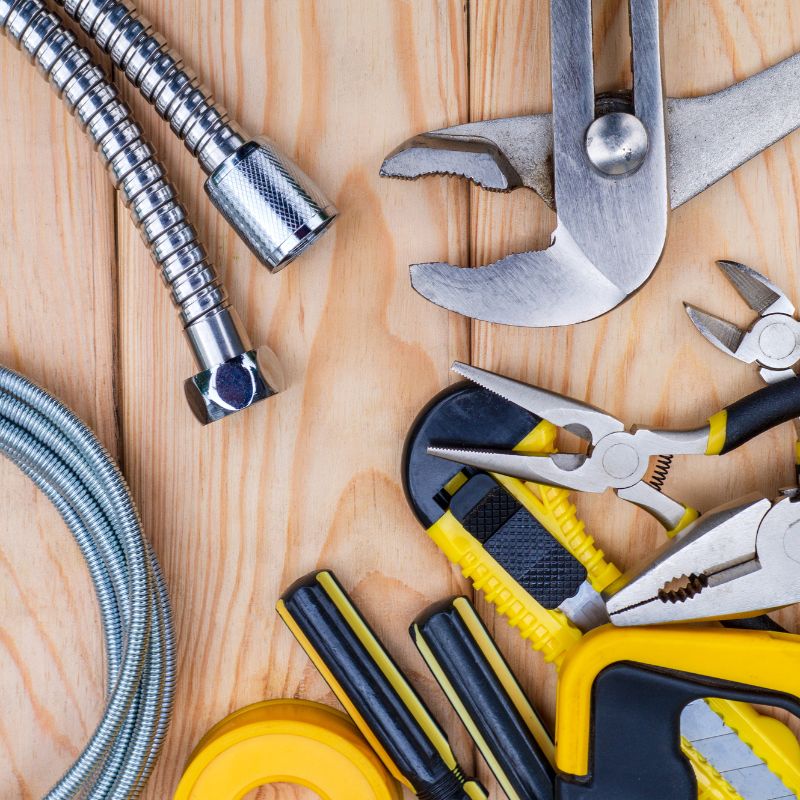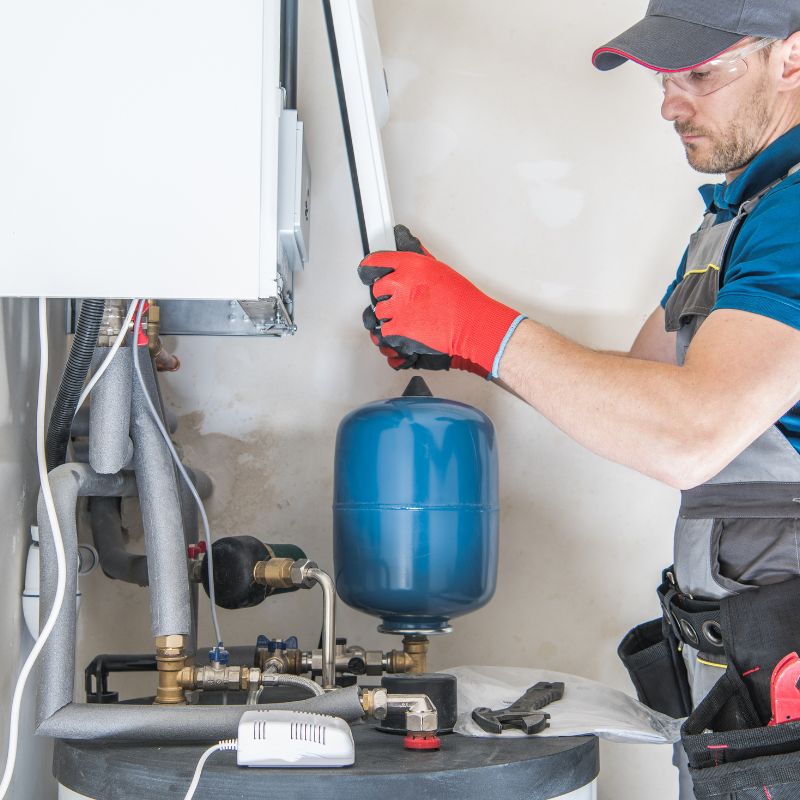How Do I Know If I Need a Plumber?
Plumbing issues can range from minor annoyances to major emergencies, and knowing when to call a professional plumber is essential to prevent further damage and expense. While some minor issues can be addressed with a bit of DIY knowledge, others require the expertise of a licensed plumber. So how do you know if you need a plumber? This article will guide you through the signs and situations that indicate it’s time to call in the professionals.
1. Persistent Low Water Pressure
Low water pressure can be frustrating, making simple tasks like showering or washing dishes more time-consuming. While the cause could be something simple, like a clogged aerator in your faucet, it could also indicate a more serious issue such as a pipe leak, a blockage, or even a problem with the municipal water supply.
If you notice consistently low water pressure throughout your home, especially if it’s affecting multiple fixtures, it’s a good idea to call a plumber. They can diagnose the problem, check for leaks, and ensure your plumbing system is functioning properly.
2. Slow Drains or Frequent Clogs
A slow-draining sink or shower is often the first sign of a clog forming in your pipes. While chemical drain cleaners might offer a temporary fix, they can also damage your pipes over time. If you experience frequent clogs or slow drains in multiple fixtures, this could indicate a more serious blockage in your main sewer line.
In such cases, it’s best to call a plumber who can use professional tools, such as a plumbing snake or hydro-jetting equipment, to clear the blockage and ensure your pipes are free-flowing.
3. Water Leaks
Water leaks are one of the most common reasons to call a plumber. Even small leaks can lead to significant water damage, mold growth, and increased utility bills if left unaddressed. Signs of a leak include:
- Dripping Faucets: While a dripping faucet might seem like a minor annoyance, it can waste a significant amount of water over time. A plumber can fix the issue by replacing worn-out parts or adjusting the faucet mechanism.
- Wet Spots or Water Stains: If you notice wet spots on walls, ceilings, or floors, it could indicate a hidden leak in your plumbing system. These leaks can cause structural damage if not repaired promptly.
- Running Toilets: A toilet that continues to run after flushing can waste gallons of water daily. This problem is often caused by a faulty flapper valve, which a plumber can easily replace.
4. No Hot Water
If your hot water runs out quickly or you have no hot water at all, there may be an issue with your water heater. Water heaters are complex appliances, and diagnosing problems with them can be difficult without professional knowledge.
Common water heater issues include:
- Pilot Light Outage: For gas water heaters, a pilot light that won’t stay lit could indicate a problem with the thermocouple or gas supply.
- Sediment Build-Up: Over time, sediment can accumulate at the bottom of the tank, reducing efficiency and causing noise. A plumber can flush the tank and inspect it for other potential problems.
- Faulty Heating Element: In electric water heaters, a malfunctioning heating element can lead to insufficient hot water. A plumber can replace the heating element and restore your hot water supply.
If you’re experiencing issues with your hot water, it’s best to call a plumber who can safely diagnose and repair the problem.
5. Burst Pipes
A burst pipe is a plumbing emergency that requires immediate attention. Whether caused by freezing temperatures, corrosion, or excessive water pressure, a burst pipe can lead to extensive water damage in a short amount of time. Signs of a burst pipe include:
- Sudden Decrease in Water Pressure: If you notice a sudden drop in water pressure, it could indicate a burst pipe.
- Unexplained Puddles: Puddles or wet spots around your home, particularly near walls or floors, may indicate a burst pipe.
- Sound of Running Water: If you hear water running even when all faucets are turned off, it could be a sign of a burst pipe.
In the event of a burst pipe, turn off your home’s main water supply and call a plumber immediately. They can locate the burst, repair the pipe, and prevent further damage.
6. Unpleasant Odors
Unpleasant odors coming from your drains or around your home can indicate a plumbing issue. These odors could be caused by:
- Sewer Line Problems: A foul smell coming from your drains may indicate a blockage or damage in your sewer line. This can lead to sewage backing up into your home, which is a serious health hazard.
- Dry P-Traps: The P-trap under your sinks holds water to prevent sewer gases from entering your home. If the trap dries out, it can allow unpleasant odors to escape. A plumber can check and refill the P-trap or address any underlying issues.
- Mold or Mildew: Persistent odors, especially musty ones, could indicate mold or mildew growth due to a hidden leak. Mold and mildew can cause health problems, particularly for those with allergies or respiratory issues, so it’s important to address the issue promptly.
7. Discolored or Cloudy Water
If your tap water is discolored, cloudy, or has an unusual taste or odor, it’s a sign that something may be wrong with your plumbing system. Common causes include:
- Rusty Pipes: If your water is reddish or brown, it could indicate rust in your pipes or water heater. This can be a sign of aging pipes that may need to be replaced.
- Sediment or Contaminants: Cloudy or dirty water could indicate sediment or other contaminants in your water supply. A plumber can identify the cause and recommend the appropriate solution, such as installing a filtration system or replacing corroded pipes.
Drinking or using contaminated water can be harmful, so it’s essential to address water quality issues as soon as they arise.
8. Sump Pump Failure
A sump pump is a crucial part of your home’s defense against flooding, particularly in areas prone to heavy rainfall or high water tables. If your sump pump isn’t working properly, you risk water damage to your basement or crawl space. Signs of a failing sump pump include:
- Strange Noises: Unusual noises from your sump pump could indicate mechanical issues or debris in the pump.
- Frequent Cycling: If your sump pump turns on and off frequently, it could be due to a malfunctioning float switch or an improperly sized pump.
- Stagnant Water: If water is pooling around your sump pump but it’s not activating, there may be an issue with the pump itself or the power supply.
A plumber can inspect your sump pump, perform necessary repairs, or replace it if needed to ensure your home is protected from flooding.
9. Remodeling or New Installations
If you’re planning a bathroom or kitchen remodel, or if you’re installing new appliances that require plumbing connections, it’s wise to consult a plumber. They can ensure that your plumbing is properly configured to handle the new fixtures and appliances, and they can help prevent future issues by installing everything to code.
10. DIY Efforts Have Failed
While some minor plumbing issues can be handled with a bit of DIY effort, there are times when a professional is needed. If you’ve attempted to fix a problem yourself but it persists or worsens, it’s time to call a plumber. Continuing to tinker with a persistent issue can lead to more damage and higher repair costs in the long run.
Conclusion
Knowing when to call a plumber can save you time, money, and the stress of dealing with a plumbing disaster. Persistent low water pressure, slow drains, leaks, no hot water, burst pipes, unpleasant odors, discolored water, sump pump failure, and remodeling projects are all situations where professional plumbing assistance is essential. By recognizing these signs early and taking prompt action, you can ensure your home’s plumbing system remains in good working order and avoid costly repairs in the future. Call (903) 880-2043


